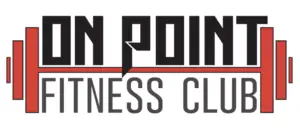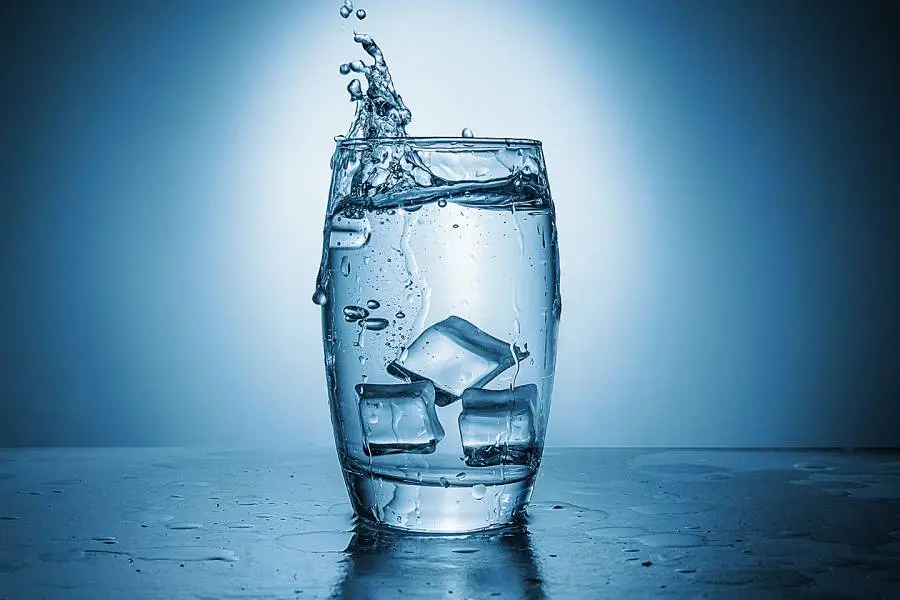When it comes to hydration, you’ve likely heard all sorts of conflicting information. Maybe you have heard that you need to drink 8-10 glasses of water daily, or perhaps that you should consume half your body weight in ounces. And what about caffeinated drinks—are they dehydrating? How do electrolytes fit into the picture? What the hell even is an electrolyte?
It’s easy to feel overwhelmed.
By the end of this email, I hope to clarify some common misconceptions about hydration and guide you toward the proper hydration goals.
Understanding Your Hydration Needs
First and foremost, there is no specific number of ounces of water that is proven to be the “sweet spot” for how much water you should drink. Everyone has differing needs and demands based on body composition and lifestyle habits. The closest and best “conventional wisdom” approach to follow would be to shoot for around 50% of your body weight in ounces. However, it is important to note that about 20% of our daily water intake comes from the foods we consume. All food contains some water. Fruits and vegetables contain the most water, so they are the most hydrating. At the top of the list are the ones you’d probably expect, such as watermelon, cantaloupe and other melons, lettuce/spinach, berries, celery, and squash.
Caffeine and Hydration
Research indicates that caffeinated beverages can have a mild diuretic effect (increased frequency of urination). However, there is very little evidence that supports the idea that caffeine leads to dehydration when consumed in reasonable amounts (200-400 mg/day). So, feel free to count coffee towards your daily H2O intake… and while we are at it you can also count sparkling water, kombucha, tea (hot or cold), vegetable juice, bone broth and NATURAL fruit juices towards your daily intake as well.
The Role of Electrolytes
Electrolytes are essential minerals that our body needs for thousands of different functions, from muscle contraction, to critical thinking, to proper osmosis for our blood supply. Sodium, potassium, magnesium, and calcium are the four key electrolytes that are necessary in our diet. If you eat a well-balanced diet that includes a variety of fruit, veggies, animal/seafood proteins and healthy complex carbs, you probably don’t need to add electrolytes to your daily consumption. If you are a heavy sweater, move rigorously 3+hours a day, or have a restricted diet (keto, vegan, vegetarian, other health related restrictions) then you may want to consider adding a daily electrolyte powder to your arsenal. Otherwise, use them at your discretion, as they can help recover sore muscles, hangovers, and mild dehydration.
Final Thoughts on Hydration
Ultimately, the best approach to hydration is simple: Listen to your body. Drink water in response to your thirst throughout the day, and keep it easily accessible. Don’t force yourself to drink beyond thirst. If you’ve had an active day, especially if you’ve been sweating, consider replenishing with electrolytes or enjoying a nourishing meal.
Until next week,
Tom and Nick






